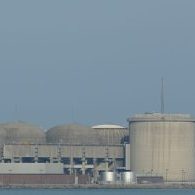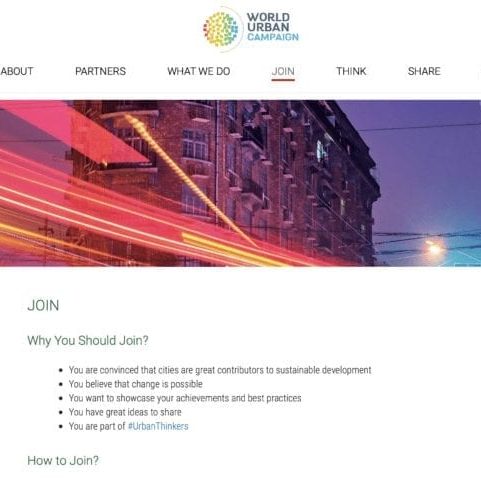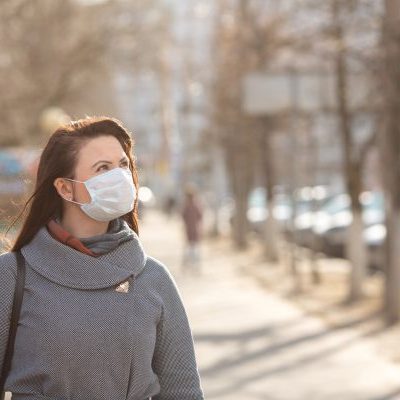Client: Health Canada
Listing of the client in no way affirms the client's support, sponsorship, or validation in any form of Risk Sciences International or the RSI staff member(s) who conducted this project during their stay with RSI or prior to joining the company. This case study is displayed for informative purposes only to demonstrate the capacity of RSI staff members. This case study reveals no proprietary information or information deemed sensitive.
External Peer Consultation of the Inorganic - Late Biomonitoring Approach Draft Screening Assessment Report
To support the Chemicals Management Plan under the Canadian Environmental Protection Act (CEPA), Health Canada sought expert peer consultation for a draft screening assessment report (DSAR) evaluating 47 inorganic substances identified as priorities. The client required independent scientific and technical expertise to assess whether the report’s conclusions—particularly regarding health effects, exposure pathways, and risk characterizations—were sound, complete, and defensible.
The work involved managing a structured external peer review process. This included identifying and screening potential reviewers for expertise and conflicts of interest, selecting suitable experts, and coordinating the delivery of charge questions and relevant materials. The consultation focused on critical scientific elements such as the appropriateness of biomarkers (e.g., whole blood concentrations), the use and description of biomonitoring equivalents (BEs), and the robustness of the weight-of-evidence approach used in the DSAR.
A primary deliverable consisted of a comprehensive report integrating detailed technical commentary and overarching observations from reviewers, systematically addressing charge questions pertaining to toxicological data, exposure estimations, and consistency with international assessment approaches. All comments and recommendations were submitted within the defined 15-business-day timeframe following receipt of the background materials, supporting the client’s objective of ensuring scientific rigour and transparency prior to publication.
Experts related to this case study
More RSI Case Studies
RSI presents a very small selection of case studies to highlight some of its key work.



















